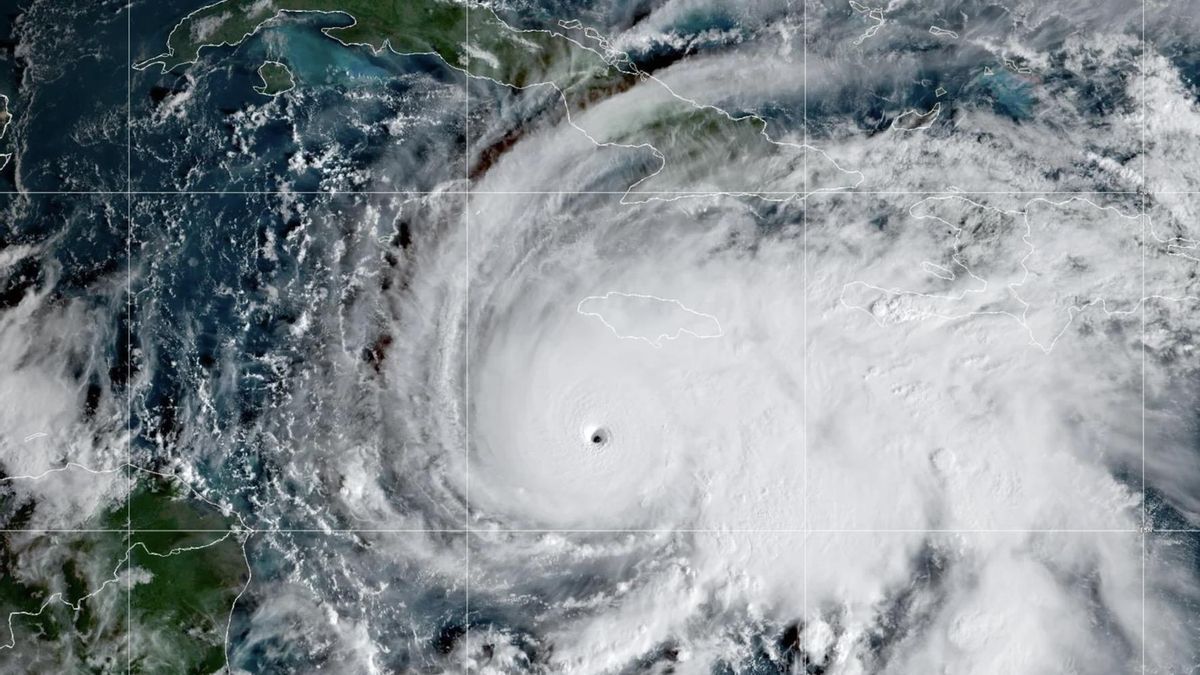The tone between Moscow and London is traditionally harsh. In the sharp conflict over Ukraine, Russia is now declaring British diplomats to be spies.
In the escalating conflict between Russia and the West over the war of aggression against Ukraine, Moscow expelled six British diplomats for alleged espionage. This was initially announced by the Russian domestic intelligence service FSB, which is unusual. The Russian Foreign Ministry, the diplomats’ actual contact, commented afterwards. However, it supported the decision.
The FSB wrote that the Eastern Europe Directorate in the British Foreign Office had been transformed into an intelligence service during the war that wanted to inflict a strategic defeat on Russia. There were signs of espionage and subversive activities among six diplomats in the political department of the British embassy, it said, without giving details.
The British Foreign Office dismissed the allegations as “completely baseless.” The Russian action was a reaction to British measures, which in turn followed Russian state “activities in Europe and the United Kingdom,” the BBC quoted from the statement. “We make no compromises in protecting our national interests,” the ministry in London stressed.
Ukraine’s use of weapons as background
Moscow and London traditionally treat each other rather harshly, and Russia sees Britain as its main opponent in Europe. The current background to the expulsion is likely to be the discussion about whether Britain and the USA will allow Ukraine to use long-range weapons against Russia. Russian President Vladimir Putin said this would be NATO’s direct involvement in the war. British Prime Minister Keir Starmer responded that Russia had invaded Ukraine illegally and that Russia could end the war immediately by withdrawing.
Secret service employees are also usually employed at embassies – sometimes openly as contact persons for the host country’s services, sometimes disguised. The claim that the Eastern Europe department of the Foreign Minister’s office in London is a secret service can also be interpreted as espionage in the usual public duties of Western diplomats in Moscow. The newspaper Izvestia cited as an example that a British representative attended court cases and maintained contacts with government critics. 80 representatives of Russian non-governmental organizations came to the Moscow embassy for a reception to mark the birthday of King Charles III.
Source: Stern
I have been working in the news industry for over 6 years, first as a reporter and now as an editor. I have covered politics extensively, and my work has appeared in major newspapers and online news outlets around the world. In addition to my writing, I also contribute regularly to 24 Hours World.




